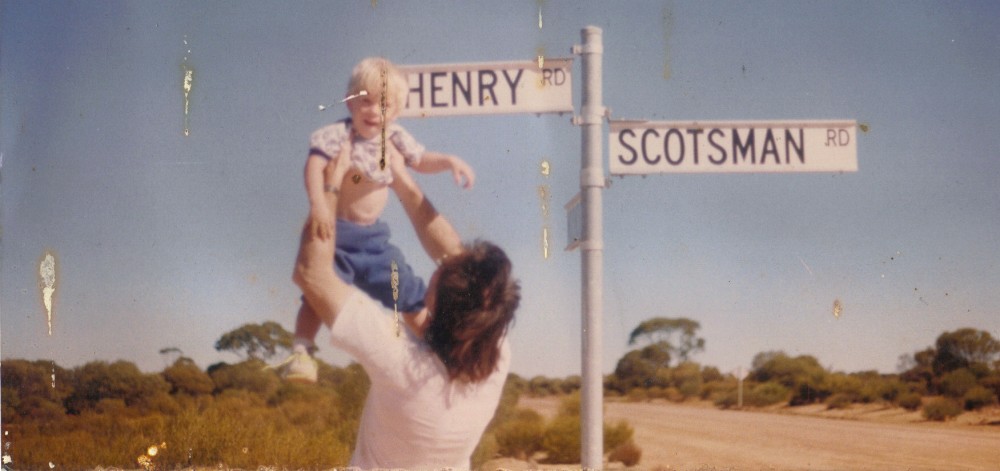We know how to retrofit songs to genre or not as the case may be. There’s always a fall back if you do have to write a bluegrass number for instance.
- Rely on your knowledge of the work of Lester Flatt and Earl Scruggs or Bill Monroe to inform the way you construct the song
- Use classics to define the mood
- Look at the earliest songs and then note the amount of movement, if any, lyrically
- See the way the words fit with the song
When I was looking at what I could bring to bluegrass or take from it, I settled on two things: locale and narrative form
I live in mountains but not Appalachian Mountains so how do I navigate to that form of storytelling. Well, I grew up on a farm but I’ve always understood that to mean, at least in the Australian outback, country (or, as it used to be known at times, country & western)
The standards all have narratives but they vary between first, second and third person and ‘Oh Death‘ and ‘In the Pines‘ switch narrative voices in a kind of one-person call and response. They can be about one person in particular, such as John Henry or about the place they live and the conditions they operate under. For that reason I didn’t think this other song I was writing about Boxes had the right sentiment or style.
There isn’t a lot of metaphor in bluegrass (to the point that that’s really Death talking) so I kept returning to the childhood home. If it wasn’t about rodeos or mustering, or the lives and loves of the countryside then perhaps I could cleave closer to bluegrass than its kissin’ cousin, country
And then I thought about the verandah and that seemed underexplored enough to give fresh paint. At first I was influenced by what I was learning about existing bluegrass numbers and kept the scene literal but once I had that first draft I was able to move into a more poetic but, hopefully, still authentic recreation of a mood or feeling or impression
The Verandah
The verandah the verandah I'll see you out there on the verandah A day out in the paddock as your thoughts go round and round and it's you and other tractors that make the only sound Some solvol and a wash bowl it's time to scrub clean Waiting for tea and there is me finding a place to lean on the verandah
Cosmopolitan capers occur in cafes far away but out here in this red dirt is where I've said I'll stay With books borrowed from the library and a paper a week old Where the main instruction is just do what you're told
and the only place to escape is the verandah go outside and play on the verandah
I wrote that on the thirtieth. It wasn’t til the third of September that I wrote two more drafts; this time the song had not only loosened its style, it had made other changes that had an effect on both narrative and structure. And it had changed name
Side Verandah Blues
All day long I've been going round Sharing sounds with my surrounds Solvol and a wash bowl it's time to scrub clean Waiting for tea and there's me find a place to lean on the verandah Cosmopolitan capers in clubs far away While here in the red dirt I've said I'll stay Read the papers weak and old The main instruction 'Do what you're told' and the only place to escape is the verandah go outside and play on the verandah
Side Verandah Blues (3)
All day long I've been going round Sharing sounds with my surrounds Solvol and a wash bowl it's time to scrub clean Waiting for tea there's me finding a place to lean on the verandah Cosmopolitan capers in clubs far away While here in the red dirt I've said I will stay The news is a week old, weak and old The only instruction to do what you're told and the one place to escape is the verandah go outside and play on the verandah
